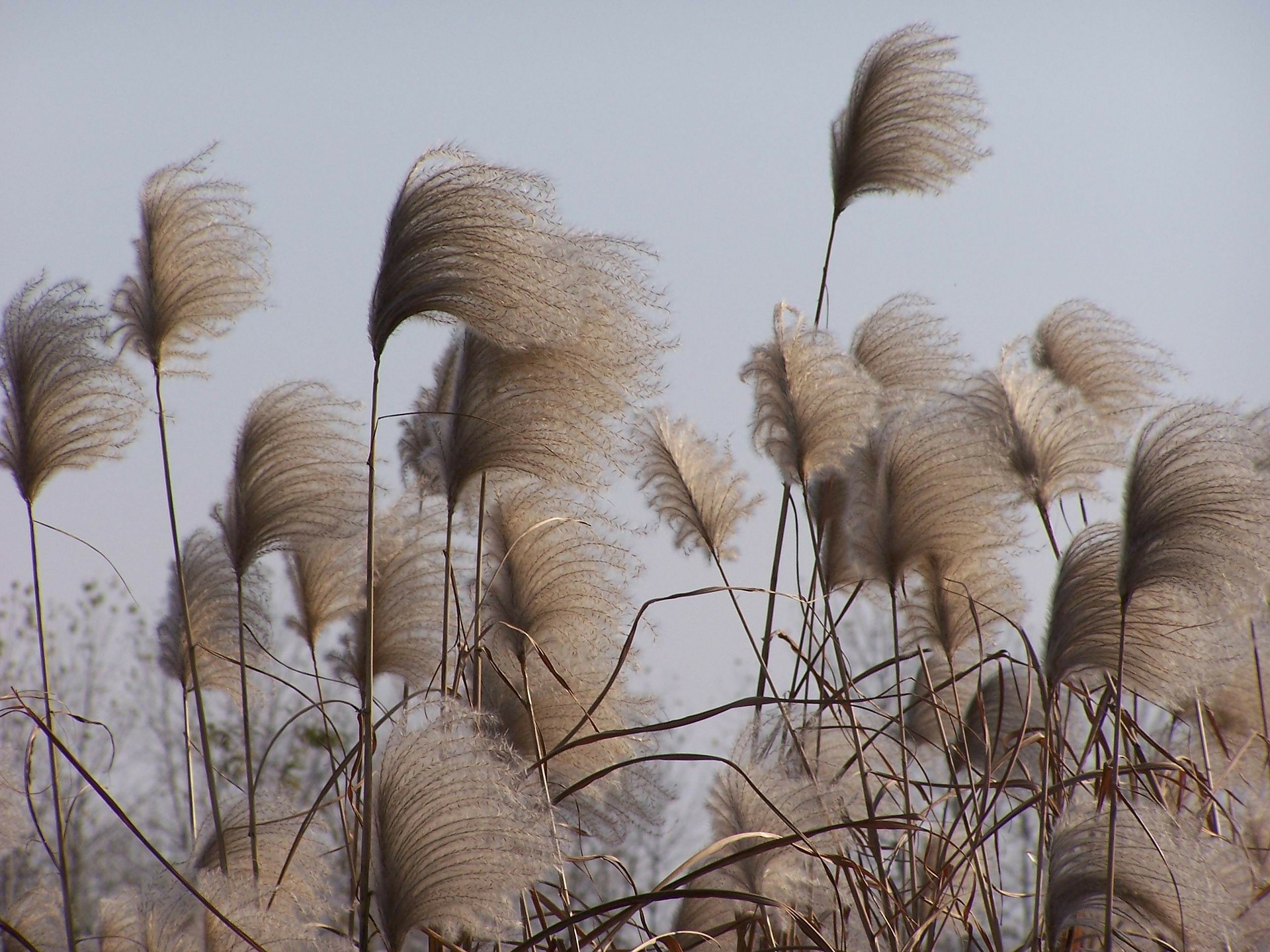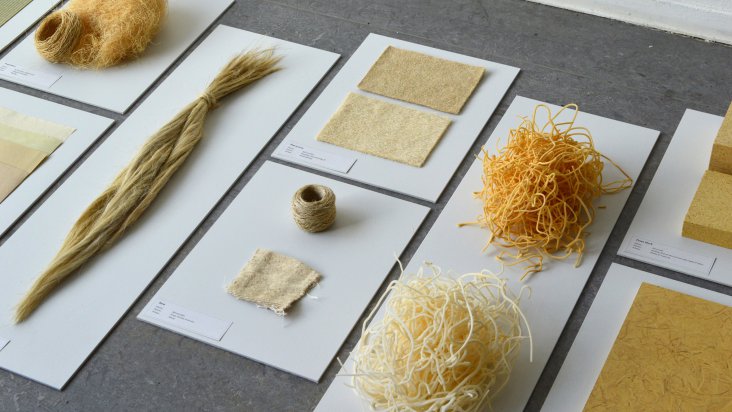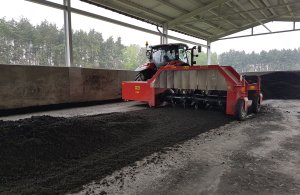Don Kwaning has created a range of packaging from a plant called soft rush (Credit: Dezeen.com)
Soft rush is a plant, however, it recently has been transformed into furniture and packaging materials according to an article on Dezeen.com. Born from the idea that fibers could be cultivated from the weed, Don Kwaning has designed a line of products using varying parts of the grass-like plant.
Throughout the Netherlands, the plant is invasive enough that thousands of pounds are pulled from ditches, wetlands, and marshes every year and turned into biogas. Although it is also used to improve overly-sandy soil, soft rush is widely recognized as an unwanted weed.
With sustainability in mind Kwaning uses both the pith and the fibers of the plant to create paper, corrugated cardboard, a foam-like substance, and a pressed fiber used to make furniture.
As a Design Academy Eindhoven graduate, Kwaning had seen the plant in its whole form processed into Japanese tatami mats. He then took the design a step further with the realization that separating the pith from the fibers opened up entirely new applications.
In the packaging realm, the soft rush pith is turned into a light foam-like material that offers excellent protection both in block form and as long noodles. The natural components of the pith allow the substance to be pressed into a material similar to the widely-produced MDF, without requiring any sort of binding agent. This offers versatility through a range of density options so Kwaning has used it to make both packing and storage boxes.
The fibers are equally useful as a building material for another type of packing box and Kwaning asserts it can be made into rope and textiles. The boxes made from the fibers can be dual purposed into a side table by stacking them together.
Through a focus on eco-friendly materials, Kwaning has not only created useful sustainable products from a pesky weed, but opened the door for an entirely new material option for a range of manufacturing markets.










